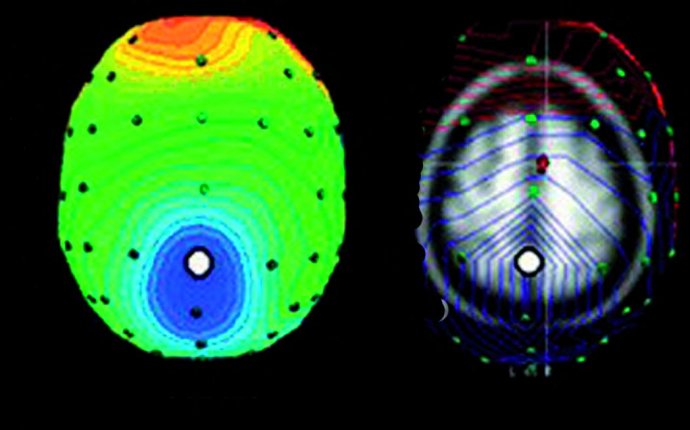
Research Topics Related to Psychology
Magicians have dazzled audiences for many centuries; however, few researchers have studied how, let alone why, most tricks work. The psychology of magic is a nascent field of research that examines the underlying mechanisms that conjurers use to achieve enchanting phenomena, including sensory illusions, misdirection of attention, and the appearance of mind-control and nuanced persuasion. Most studies to date have focused on either the psychological principles involved in watching and performing magic or “neuromagic” — the neural correlates of such phenomena. Whereas performers sometimes question the contributions that modern science may offer to the advancement of the magical arts, the history of magic reveals that scientific discovery often charts new territories for magicians. In this research topic we sketch out the symbiotic relationship between psychological science and the art of magic.
On the one hand, magic can inform psychology, with particular benefits for the cognitive, social, developmental, and transcultural components of behavioural science. Magicians have a large and robust set of effects that most researchers rarely exploit. Incorporating these effects into existing experimental, even clinical, paradigms paves the road to innovative trajectories in the study of human behaviour. For example, magic provides an elegant way to study the behaviour of participants who may believe they had made choices that they actually did not make. Moreover, magic fosters a more ecological approach to experimentation whereby scientists can probe participants in more natural environments compared to the traditional lab-based settings. Examining how magicians consistently influence spectators, for example, can elucidate important aspects in the study of persuasion, trust, decision-making, and even processes spanning authorship and agency. Magic thus offers a largely underused armamentarium for the behavioural scientist and clinician.









